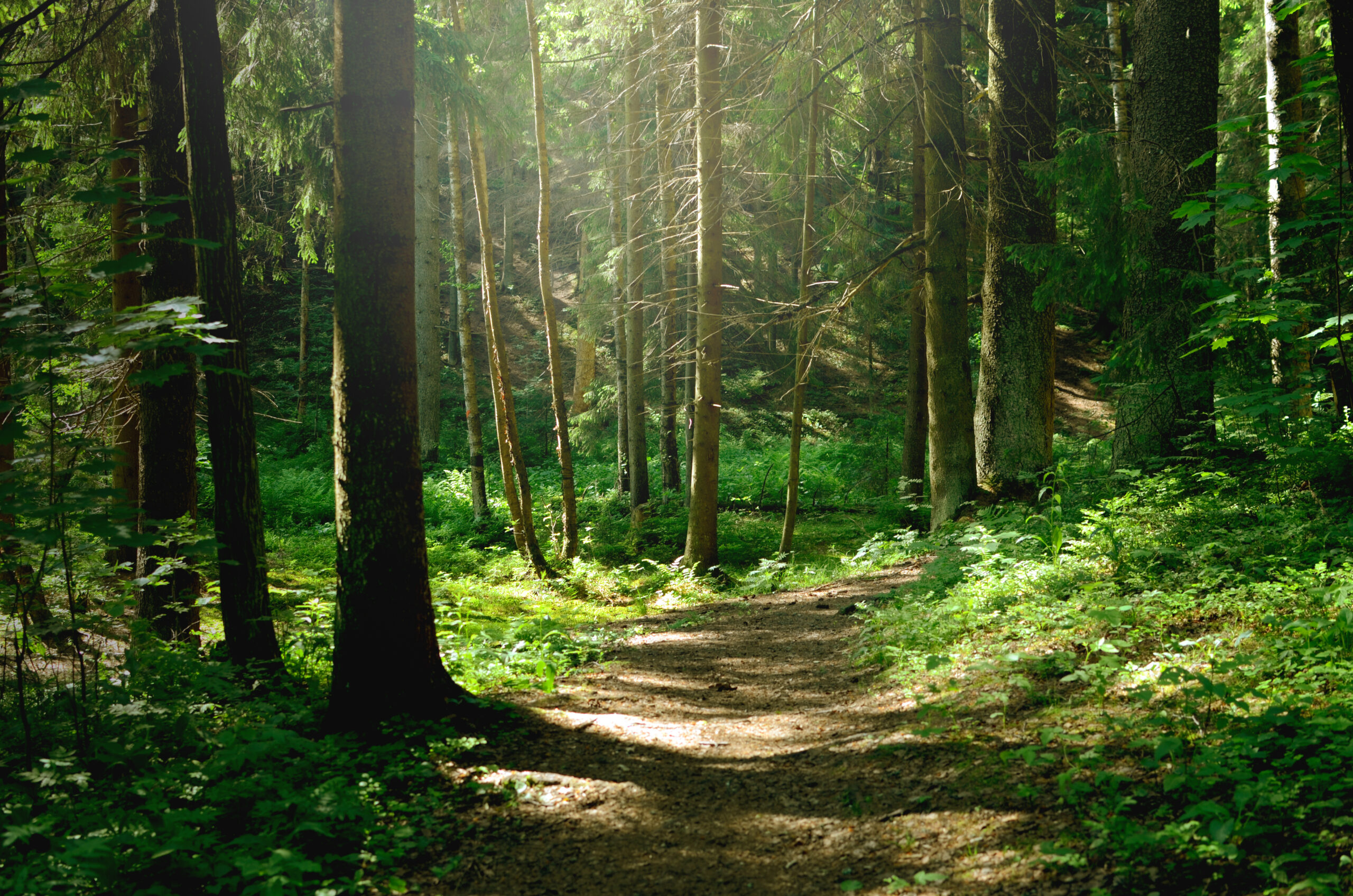Human composting, also known as natural organic reduction (NOR), is an innovative and eco-friendly way to transform human remains into nutrient-rich soil. This sustainable method is gaining popularity as people seek more environmentally conscious alternatives to traditional burial and cremation. Here are 8 essential things you should know about human composting.
1. It Turns Remains Into Soil
The goal of human composting is to convert a person’s remains into usable soil, which can be used for planting trees, gardens, or conservation projects. This process involves placing the body in a vessel with organic material like wood chips and straw, where microbes and bacteria break down the remains into rich, fertile compost.
2. It’s Environmentally Friendly
Unlike traditional burial, which can involve toxic chemicals like formaldehyde and land-use concerns, or cremation, which releases carbon emissions, human composting is a much more sustainable option. The process sequesters carbon and uses minimal energy, but it does require raw material inputs such as alfalfa which comes from industrial agriculture.
3. The Process Takes About 30-60 Days
Human composting typically takes around 30 to 60 days to complete. The body is placed in a container, and over this period, microbes break down the body’s organic material. The process is carefully monitored to ensure the temperature and conditions remain optimal for decomposition.
4. It’s Not Available Everywhere Yet
While human composting is legal in several states, including Washington, Oregon, and Colorado, it is not yet available nationwide. The legal landscape is changing, with several states considering or actively working on legislation to allow this method. Be sure to check your local laws to see if human composting is an option in your area.
5. It Is a Legal Form of Disposition
Human composting is considered a legal form of body disposition, much like burial or cremation. After the process is complete, the resulting compost is returned to the family, or it can be donated to land restoration projects or conservation efforts.
6. It’s a Personal and Sustainable Memorial
Once the human composting process is complete, families often use the resulting soil to plant trees, gardens, or create memorials in nature. This creates a beautiful and sustainable tribute to the loved one, where their memory lives on in the soil that nourishes new life. Be aware that the amount of soil returned exceeds the body weight of the person who was composted because of the organic materials used to start the composting process. It can be up to a cubic yard of soil.
7. Costs and Availability Vary
The cost of human composting typically ranges from $4,000 to $7,000, depending on the provider and location. Since human composting is still a relatively new option, prices may vary, and there may be additional fees for services like transportation or memorial ceremonies. However, it can be more affordable than traditional burial in some areas and may provide greater environmental benefits.
Final Thoughts
Human composting is a groundbreaking option for those looking to make an environmentally conscious final decision. It offers a way to return to nature, leaving behind fertile soil that can nourish future generations. As more states legalize and adopt this method, human composting is likely to become a popular and sustainable choice for end-of-life planning. Whether you’re drawn to its environmental benefits or the desire for a meaningful memorial, human composting is a forward-thinking way to honor a loved one’s legacy.
If you have feedback, questions, or ideas for future articles or Information Hubs, please contact us. Your insights help us create valuable content.


